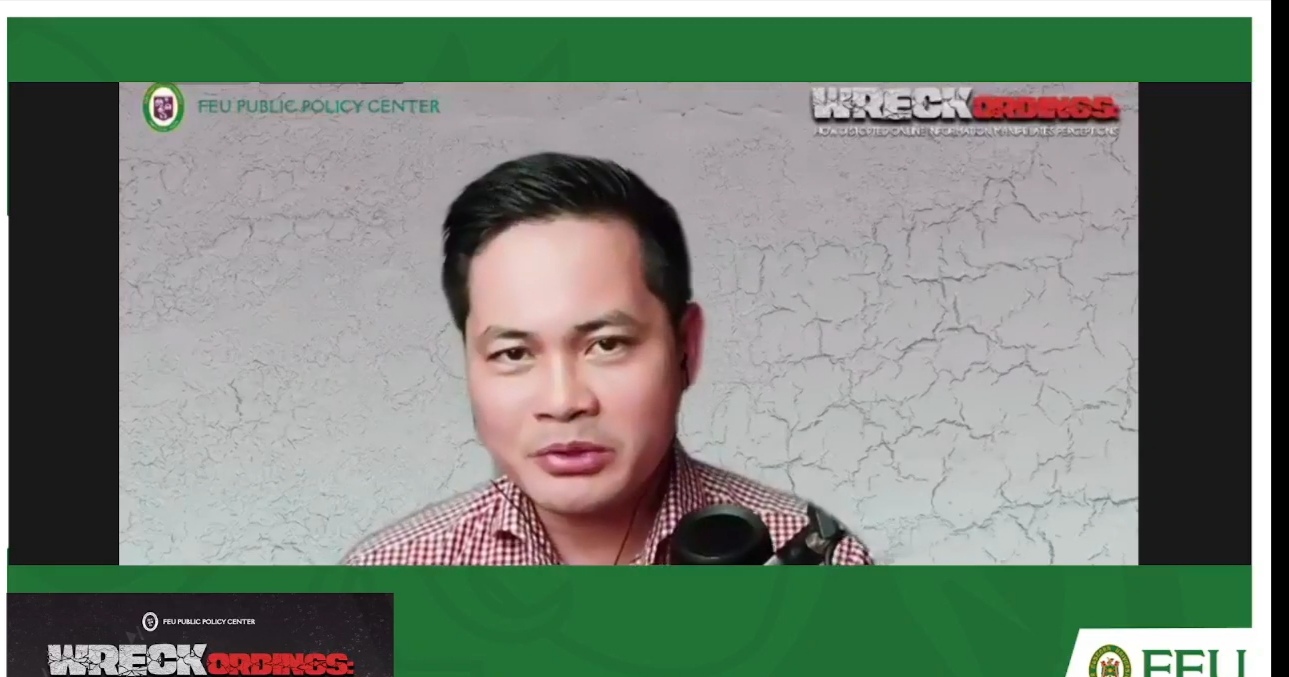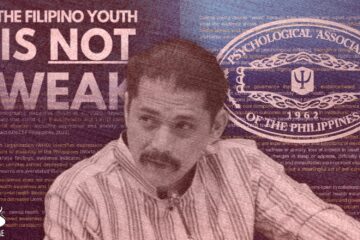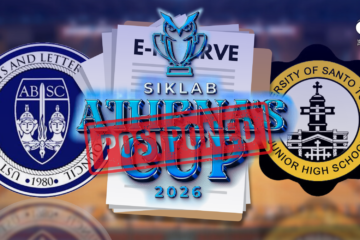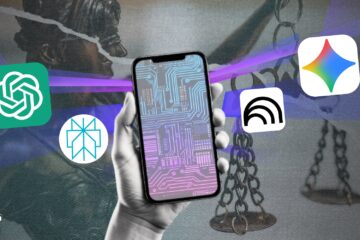
FACT-CHECKING is “good,” but is not enough to combat the proliferation of disinformation online, a veteran journalist and educator said.
“Is doing fact-checking enough? To be honest with you, it’s not enough…It can do a lot of good things, [but] it won’t definitely be enough,” UST journalism professor and former ABS-CBN News Channel anchor Christian Esguerra said during a policy forum organized by the Far Eastern University Public Policy Center last April 26.
“Ask the ordinary people in the streets, online, on Facebook, on YouTube, on Tiktok. Even if you give them links to information that have been fact-checked. Ordinarily, for those who have already made up their minds, they wouldn’t really bother to look at the facts,” he added.
Esguerra, who hosts the podcast “Facts First,” said the prevalence of disinformation is a big challenge faced by media organizations and the nation as a whole. Social media platforms should act to eradicate distortions of facts that influence their users, he added.
“Fact-checking is a big thing, but it shouldn’t end there. The platforms where disinformation is proliferated must do something,” Esguerra said.
Critical thinking needed
Jose Rizal University (JRU) president Vicente Fabella said schools play a significant role in making sure students can critically analyze information.
“It’s important for schools to make sure that the students can critically analyze now and when they graduate and when they [become] adults,” Fabella said in the same forum.
“Otherwise, it’s the same problem. When fake news happens ten years from now, if you don’t know how to evaluate it then you’re falling prey to fake news,” he added.
Fabella, a former dean of the JRU graduate school, said students have to learn core and critical thinking skills.
“There are five skills we learn in history in elementary and more in high school. That’s contextualization, the ability to compare and contrast events, the ability to understand how events in a period change or don’t change overtime, causation, and understanding source credibility,” he said.
“If you know those, as new topics and challenges come up, you’ll really be able to dissect and think about them intelligently, and think about them critically,” he added.
Fabella said it is important for schools to build “a big enough protection” around students’ intellect to help them evaluate perceptions.
The policy forum titled “WRECKordings: How Distorted Online Information Manipulates Perceptions,” was organized by FPPC in partnership with multi-sectoral fact-checking consortium #FactsFirstPH. F — Nillicent B. Bautista



